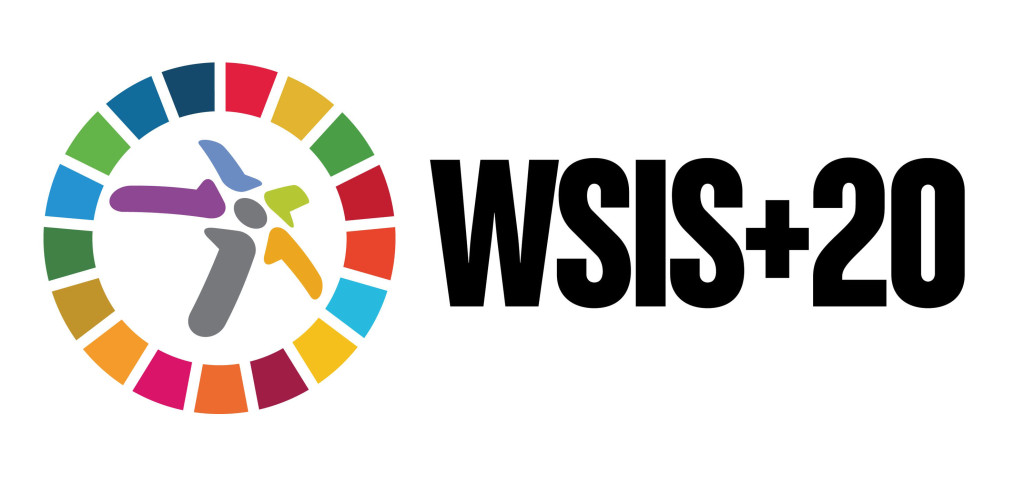Research ICT Africa Calls for Fairer Digital Governance and New Metrics for Inclusion in WSIS+20 Review
RIA seeks to ensure that the WSIS+20 outcome remains people-centred, inclusive, and development-oriented, capable of addressing both the persistent inequalities of access and the emerging challenges of a rapidly evolving digital world

Research ICT Africa (RIA) has submitted its recommendations to the WSIS+20 Zero Draft, urging the process to adopt a more equitable, evidence-based, and inclusive approach to global digital governance. The submission builds on RIA’s own research and insights from a national multistakeholder consultation held in South Africa earlier this year, and focuses on the structural inequalities that continue to shape the digital ecosystem two decades after the original World Summit on the Information Society (WSIS).
RIA welcomes the inclusive drafting process and the decision to make the Internet Governance Forum (IGF) a permanent United Nations body. The organisation highlights that the IGF’s multistakeholder format has proven uniquely effective in engaging developing countries, civil society, and youth groups often marginalised in traditional intergovernmental forums. However, RIA stresses that permanence must be accompanied by tangible reforms, including stronger support for national, regional, and youth IGFs, which ensure that global digital debates remain anchored in local realities.
Addressing structural inequalities in digital governance
The submission identifies growing geopolitical fragmentation as a central obstacle to equitable digital development. RIA warns that emerging technological rivalries and power concentration among dominant digital platforms risk deepening global divides. The organisation argues that developing countries are often excluded from decision-making and deprived of fair participation in digital value chains, leading to dependency on technologies and infrastructures controlled by major economies and corporations.
RIA calls on WSIS to promote complementarity rather than duplication with other UN processes on AI and data governance, leveraging its long-standing Action Line framework and its proven capacity for multistakeholder engagement. It also emphasises the need for new measurement frameworks that move beyond connectivity metrics to capture the quality and meaningfulness of digital inclusion. Current data, RIA argues, fails to reflect cyclical exclusion, where lack of digital access reinforces economic and social marginalisation.
Inclusion, equity, and participation
RIA advocates for stronger mechanisms to ensure the full participation of developing countries, civil society, and community networks, noting that market-driven approaches alone cannot deliver universal access. It calls for regulatory recognition and financial support for community-led connectivity initiatives, including through universal service funds.
The submission also introduces the principle of intergenerational equity, highlighting the responsibility of current policymakers to empower youth, particularly in the Global South, to shape the digital future. This, RIA says, requires not just access to technology but active participation in digital economies, innovation, and governance.
Human rights, gender equality, and digital labour
RIA urges the WSIS process to embed human rights-based data protection, cybersecurity cooperation, and safeguards against misinformation and disinformation. It also calls for stronger gender-responsive digital policies, collection of gender-disaggregated data, and inclusive digital education for women and girls.
The submission draws attention to emerging labour exploitation in digital platform economies, particularly across Africa, where weak regulation allows algorithmic manipulation and the circumvention of labour protections. WSIS, RIA argues, must promote fair work standards and social protections to ensure that digital economies empower rather than exploit.
Digital transformation
RIA raises concerns over the extractive nature of the global digital economy, particularly the dependence on critical minerals sourced from regions where weak governance and human rights abuses persist. It calls for responsible sourcing standards, democratic oversight in resource-rich communities, and fairer distribution of digital value through taxation and benefit-sharing mechanisms.
The submission further recommends democratising research and development capabilities, ensuring that digital innovation and knowledge creation are not confined to elite institutions or high-income countries. RIA argues that access to R&D capacity is essential for developing countries to build local expertise and contribute to global knowledge production.
Digital literacy, cybersecurity, and cooperation
The organisation calls for the establishment of universal digital literacy standards that go beyond basic skills to include data literacy, algorithmic awareness, and media literacy. It also advocates for regional cybersecurity cooperation, improved Computer Emergency Response Team (CERT/CSIRT) capacities, and harmonised regulatory frameworks aligned with international human rights norms.
Finally, RIA supports enhanced coordination among digital governance bodies, encouraging closer collaboration between the IGF’s intersessional work and other multilateral initiatives on AI, cybersecurity, and data governance. Such coordination, it argues, would prevent fragmentation and improve the coherence of global digital policymaking.


